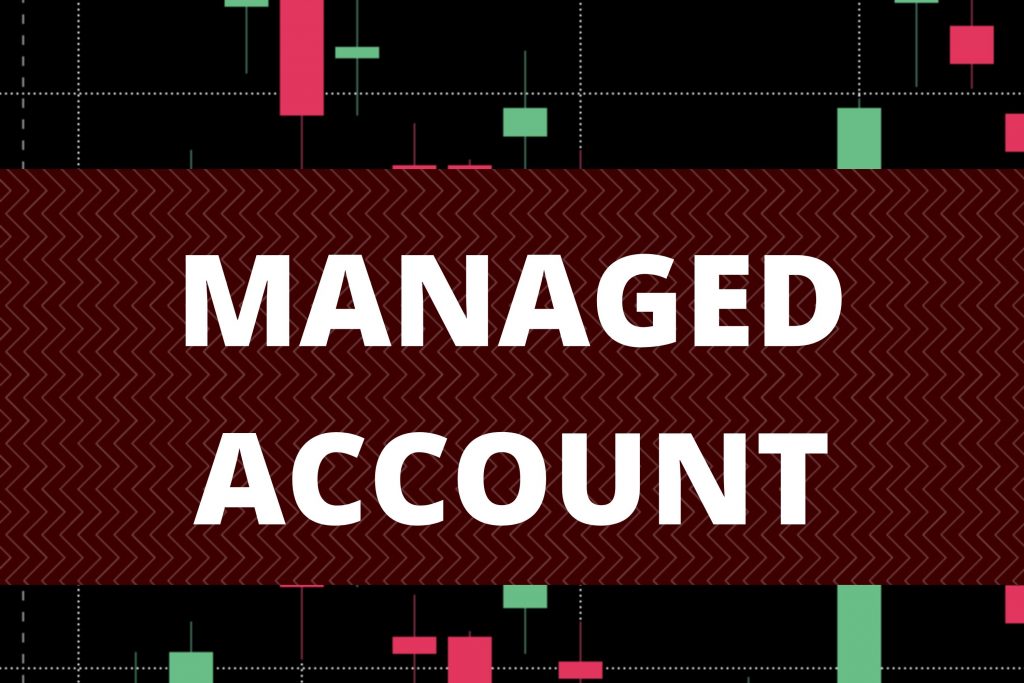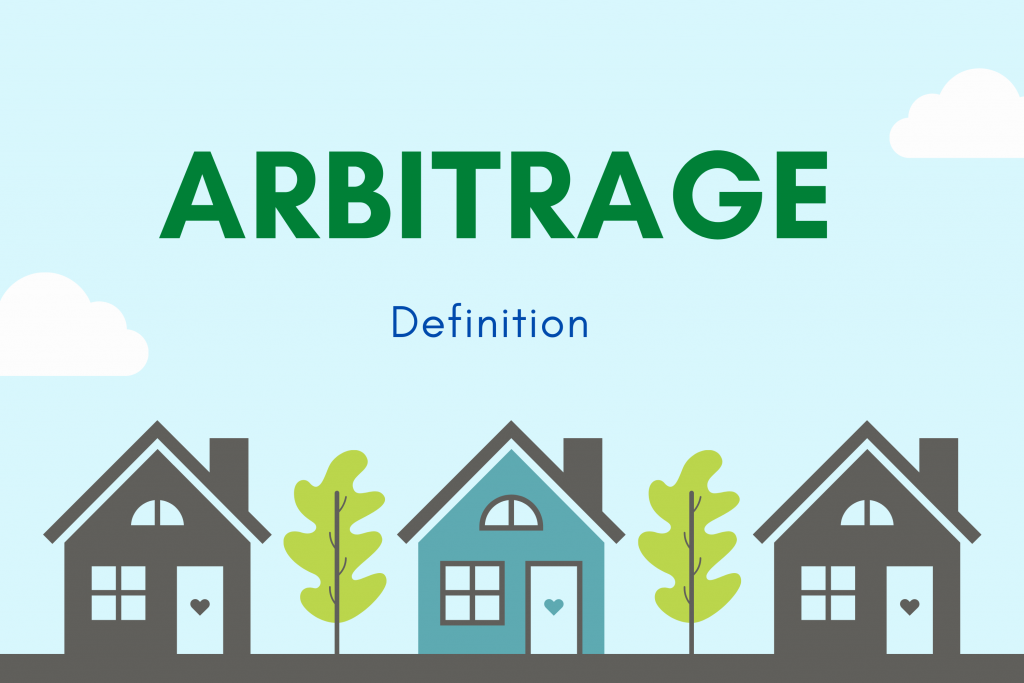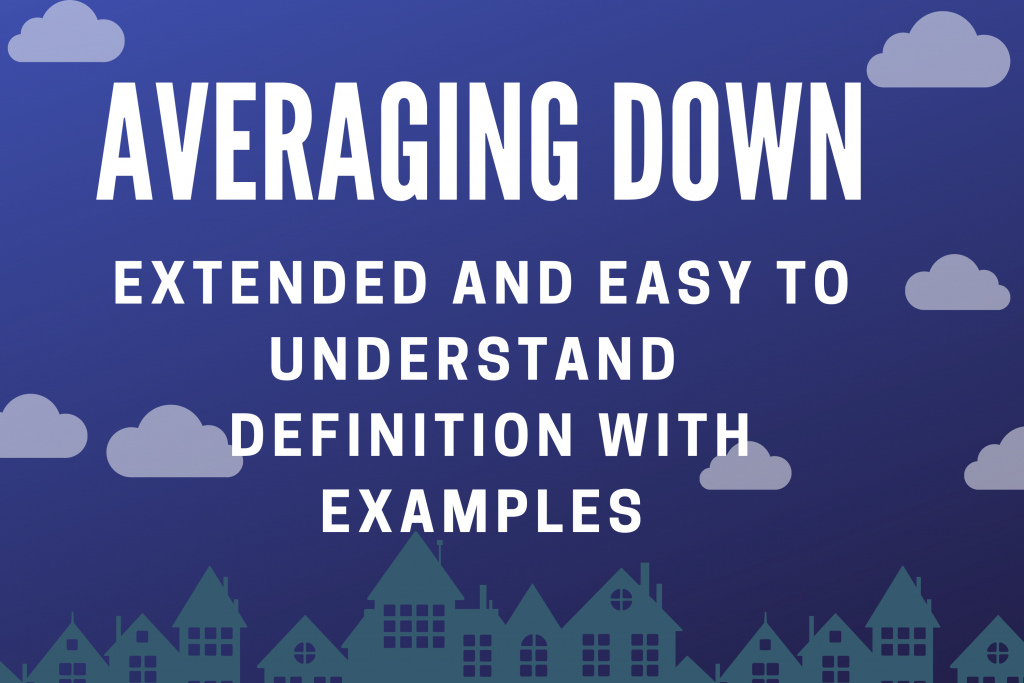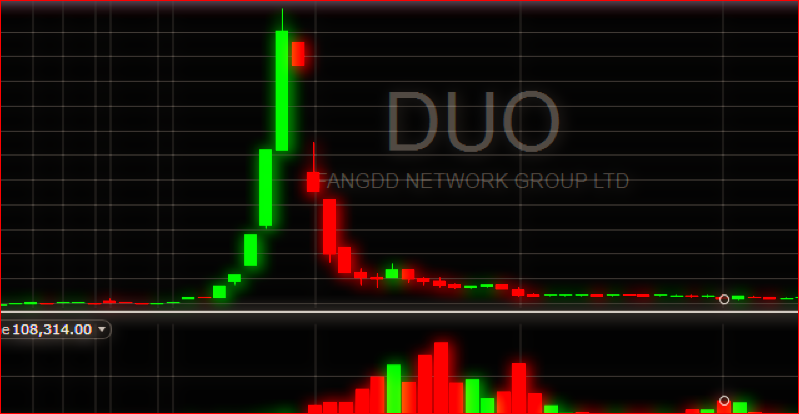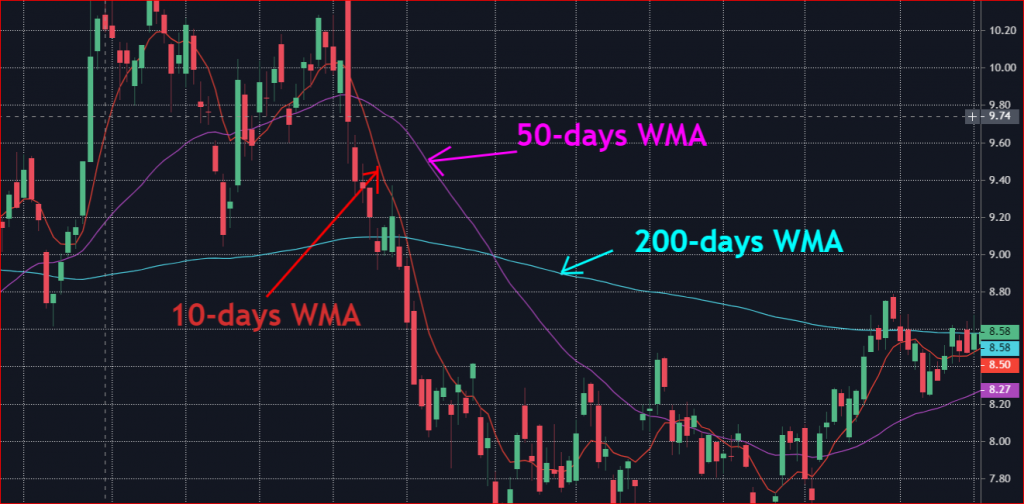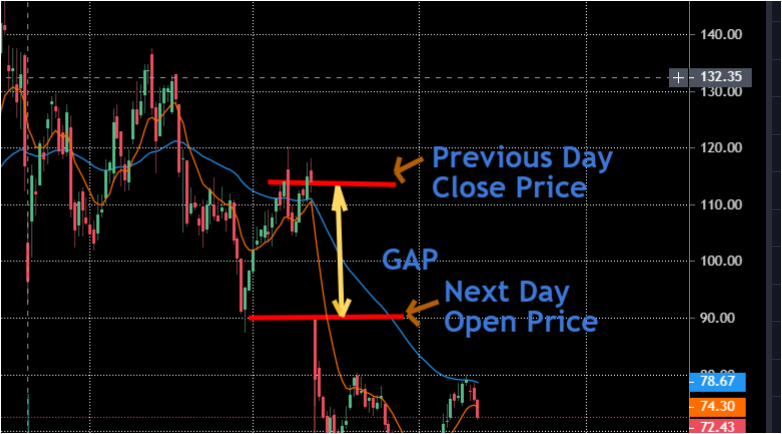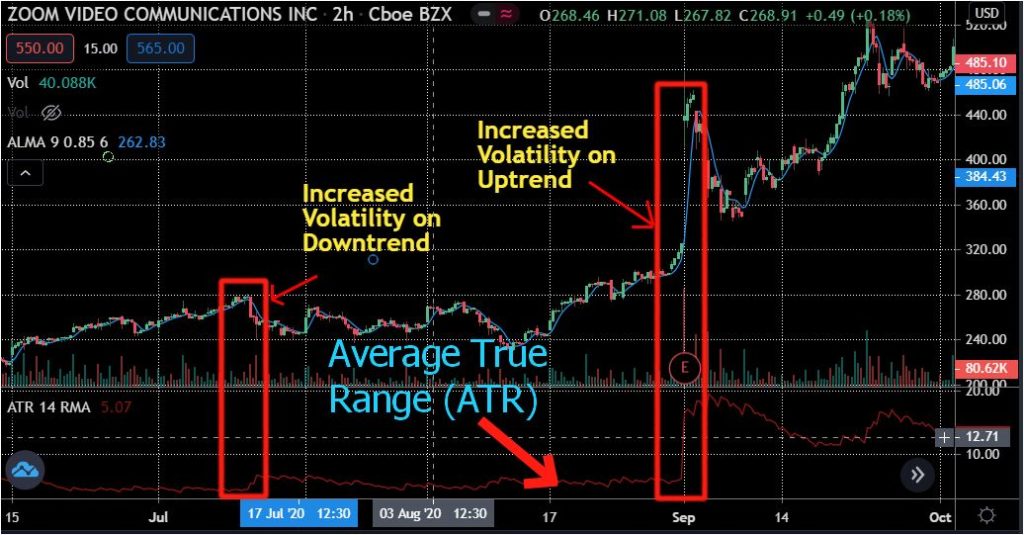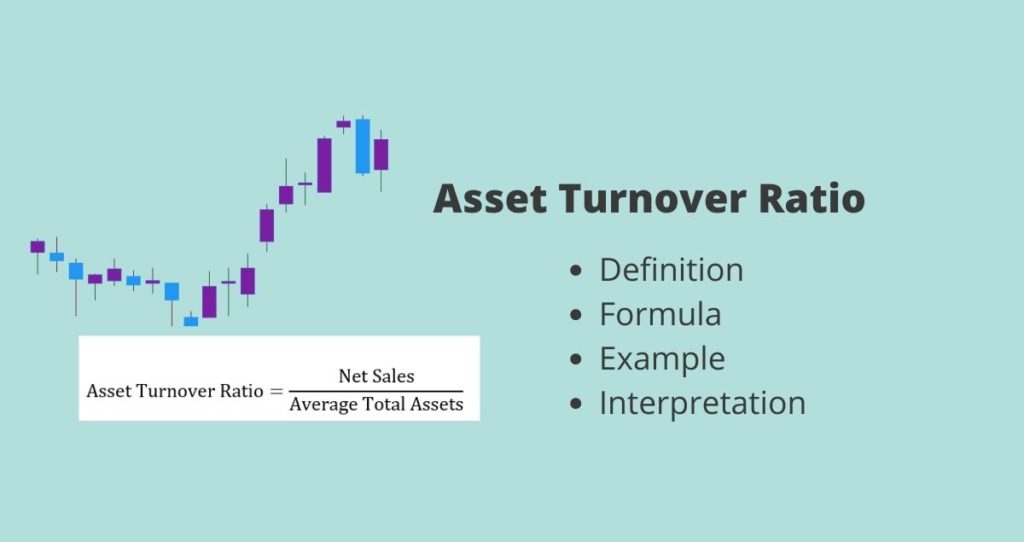What is a managed account?
A managed account is an investment account owned by a retail investor or an institution and managed by a professional money manager. In other words, funds owned by the investor will be grouped into a portfolio that will be managed by a professional manager.
There will be terms and conditions between both sides on how to manage the account. A professional manager who oversees the account can buy and sells stocks and other securities without consent from the owner. The manager must follow the guidelines of the contract and act in the best interest of the account’s owner.
Understanding a managed account
A professional manager will oversee a managed account for his/her client. The investor will work with the manager to establish guidelines for his investment objectives.
The manager of the account must act in the best interest of the owner of the account. This is because this service involves fiduciary duties. If the manager of a managed account stops acting in the interest of his client, he can face civil or criminal charges.
The owner of the account can have access to his/her portfolio. However, the manager will put together reports about the account’s performance and the types of security under management. The report can be submitted to the client periodically based on the contract.
According to BlackRock, the owner can impose restrictions on the management of the account. He can also put a limit on how much losses or gains an account can incur.
If you have a managed account, you can work with your manager about specific investment you want to make. However, some retail investors choose to leave investment decisions in the hands of the manager.
Benefits of a managed account
- By having a managed account, you will have an assurance that your portfolio is being managed professionally. There will be a proper asset allocation of assets in your portfolio.
- You will also l have access to the account. You can work with the manager to establish rules and loss limits based on your risk to reliance.
- Furthermore, the manager can help you maximize returns while minimizing taxes. The manager will achieve all these activities with a high level of transparency. That is he/she will walk you through all processes from start to finish.
Disadvantages of managed accounts
- There will be transaction costs and related fees
- You could have less return on investment without a good allocation of your assets.
- It is possible that you will not have access to every activity or transaction before they happen. However, your manager could walk you through these transactions if you want to learn about them.
